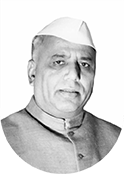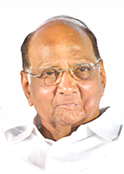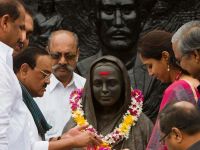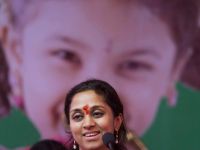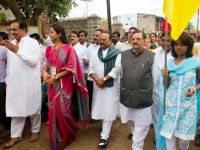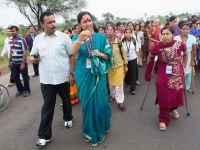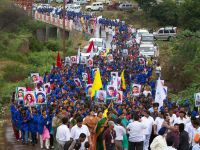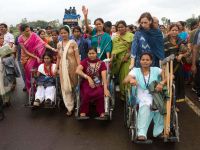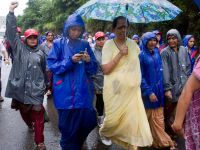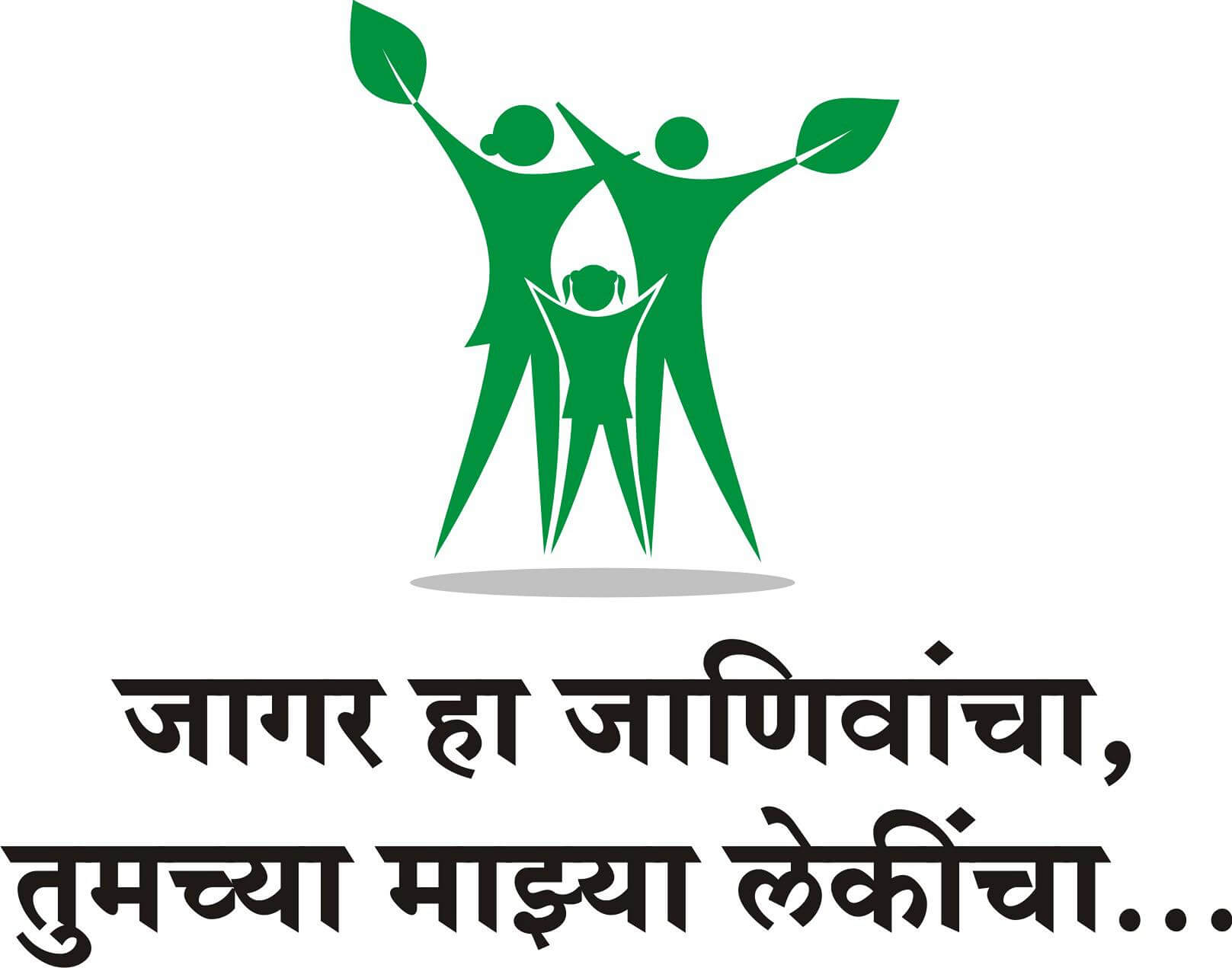
It is observed that in a progressive state like Maharashtra, the population of girls was decreasing. In 1991, the proportion of girls per thousand boys was 946 which was reduced by 33 in 2001, reaching 913. This proportion further declined by 30, reaching 883 per thousand boys, as per the 2011 Census. The use of technology to kill unborn girls in their mother's womb is extremely disturbing, which may lead to many problems in the future.
Smt. Supriya Sule, then Trustee and current Working President of Yashwantrao Chavan Center, launched the campaign ‘Jagar Janivancha, Tumchya Majhya Lekicha’ against female foeticide. Maharashtra was the first state in India to enact a law in 1988 to ban sex determination even before the Central Government enacted the law in 1994. This legislation was further amended in 2003 to prohibit prenatal sex determination.
This campaign was led by Smt. Supriya Sule from Naigaon, Khandala Tehsil, Satara-the birthplace of Krantijyoti Savitribai Phule from 25th-28th August 2011. Thousands of young girls across the state participated in this program. This campaign concluded on August 28th, 2011, with the address of Hon. Sharad Pawar Saheb, Working President of the Yashwantrao Chavan Center in Pune.
The second half of the ‘Jagar Janivancha, Tumchya Majhya Lekicha’ Campaign began in Aurangabad and focused on the Marathwada, Khandesh, and Vidarbha regions of Maharashtra. Young women attended a rally organized from Gajanan Maharaj Chowk to M.G.M. Campus, Aurangabad on April 3rd, 2012. This rally, organized against female foeticide, was the first of its kind in India and was attended by young women and various NGOs and organizations working in the social sector. The second half concluded at the Rukmini Auditorium of MGM College with the interaction of Smt. Supriya Sule. Young expressed their views and opinions on this program. The screening of Jagar - a film on female foeticide directed by Chandrakant Kulkarni, was also done during the program.
Another rally was organized on 5th April 2012, starting from Children Signal Park, Nagpur, to spread the message against female foeticide. This rally was led by five young girls riding horses. Young women wearing hats with the message of ‘Jagar Janivancha, Tumchya Majhya Lekicha’, attended the rally. The next phase of the Jagar Janivancha Campaign commenced from Hutatma Smarak, Nashik on April 11th, 2012, and later extended to the other parts of the Khandesh region. Young women, along with women and members of various organizations and NGOs, attended the commencement rally in Nashik.
Various programmes and initiatives were launched by the Yashwantrao Chavan Center under the Jagar Janivancha Campaign. Policy recommendations and suggestions were given to the Chief Minister, Deputy Chief Minister, Health Minister, Rural Development, and Higher & Technical Education of Maharashtra. Smt. Supriya Sule, on behalf of the Yashwantrao Chavan Center, urged Members of Parliament and Members of the Legislative Assembly/Council to take up similar awareness programs. Apart from this, intense stakeholder consultation was done along with NGOs and doctors. Essay, drawing, and elocution Competitions in addition to street plays, were organised across the state. The Yashwantrao Chavan Center has also published a few books on female foeticide. Programs and awareness campaigns on this issue will be organised in schools and colleges in the near future.
Various measures and initiatives will be taken to curb rudimentary practises and misconceptions about women. We will be working hard towards ensuring that the heinous crime of female foeticide stops in our society. Efforts are being made to mobilize various organizations across the state who can bring about positive change in Maharashtra through various seminars, conferences and workshops.
Female foeticide has a far-reaching impact on our society, and we need to consider women's empowerment and their education when we address the issue of gender equality. The Yashwantrao Chavan Center, Mumbai, through its various activities, is striving toward creating a progressive state as envisioned by the late Yashwantrao Chavan. However, it is difficult for one organization or group to address these issues and collective efforts are needed for changing the mindsets of the people. Such collective efforts will certainly help in creating a progressive and inclusive state.
